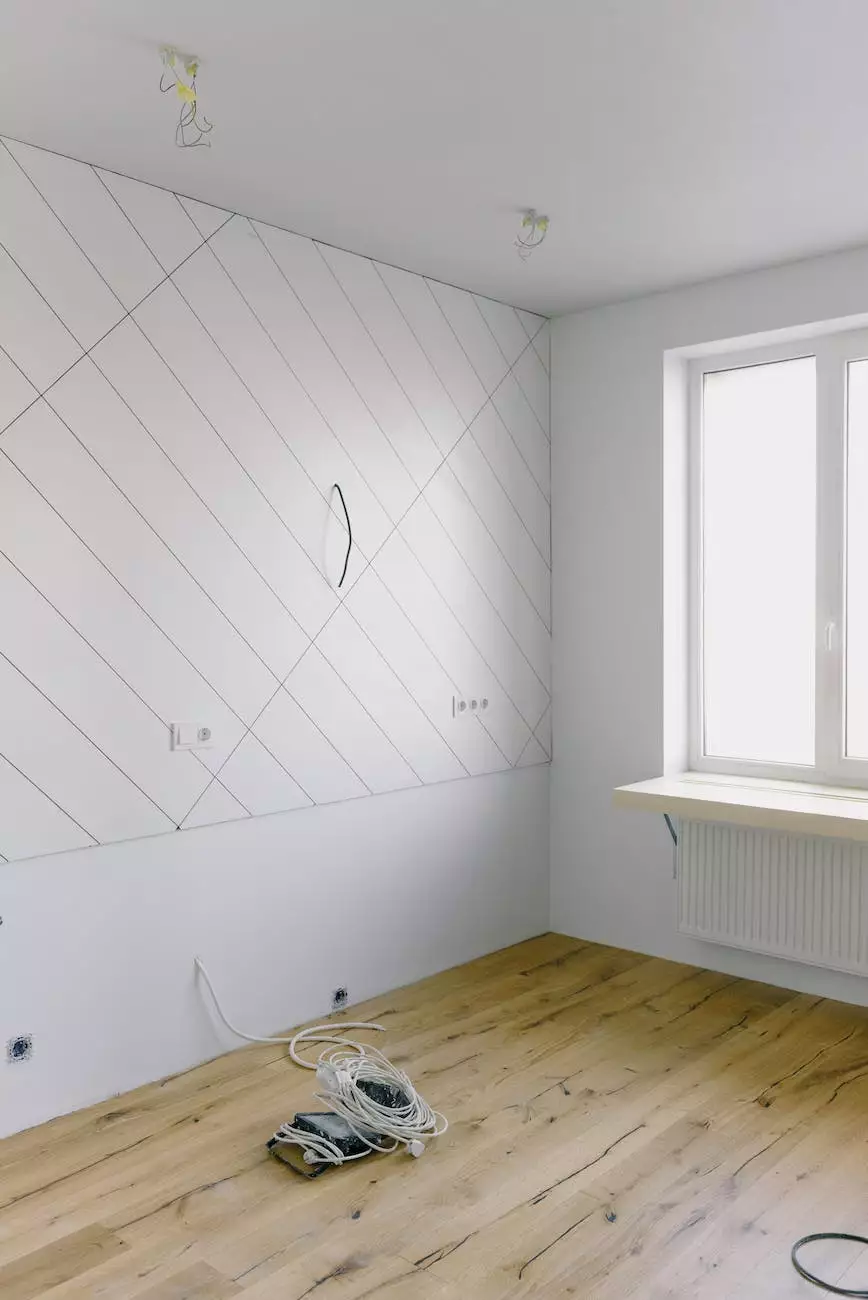Concrete vs Granite Countertops: What's the Difference?
Blog
The Basics of Concrete Countertops
Concrete countertops have gained popularity in recent years due to their versatility and unique aesthetic appeal. Made by mixing cement, sand, and aggregates, concrete countertops offer a customizable option for homeowners looking for a modern and industrial look in their kitchen or bathroom.
One of the main advantages of concrete countertops is their ability to be molded into various shapes and sizes, allowing for customization to fit any space. They can be handcrafted to achieve a seamless and artisanal finish, making each countertop truly unique.
The Advantages of Concrete Countertops
Durability
Concrete countertops are known for their durability and strength. Properly sealed, they can withstand heat, scratches, and daily wear and tear, making them a great choice for high-traffic areas like kitchens.
Design Options
Concrete countertops offer endless design possibilities. They can be stained in a wide variety of colors or left with a natural gray tone, and can even incorporate decorative elements such as embedded stones or glass.
Affordability
Concrete countertops can be a more budget-friendly option compared to high-end materials like granite. They provide a similar aesthetic appeal at a fraction of the cost.
The Basics of Granite Countertops
Granite countertops have long been a popular choice for homeowners seeking a luxurious and timeless look. Made from natural stone, granite countertops are durable and resistant to heat and scratches.
Granite is formed through the slow cooling and solidification of molten materials beneath the Earth's surface, resulting in a uniquely patterned and durable material.
The Advantages of Granite Countertops
Elegance and Beauty
Granite countertops exude elegance and beauty, adding a touch of luxury to any space. With its natural variations in color and pattern, each granite slab is truly one-of-a-kind, making your countertop a unique centerpiece.
Heat and Scratch Resistance
Granite is highly heat and scratch resistant, making it ideal for busy kitchens. It can withstand hot pots and pans without being damaged, and it won't easily scratch with regular use.
Longevity
Granite countertops are known for their long lifespan. When properly sealed and maintained, they can last for decades, making them a worthwhile investment in your home.
Choosing the Right Countertop for You
Now that you have a better understanding of the differences between concrete and granite countertops, you can make an informed decision based on your needs and personal style.
- If you value customization, durability, and affordability, concrete countertops may be the right choice for you. Their versatility and ability to be molded to fit any space make them an excellent option for those looking for a modern and unique countertop.
- On the other hand, if you prefer a timeless and luxurious look with natural variations, and prioritize heat and scratch resistance, granite countertops may be the perfect fit. Their durability and long lifespan are additional advantages to consider.
Conclusion
Both concrete and granite countertops have their own unique advantages. The decision ultimately depends on your personal preferences, budget, and the overall design aesthetic you want to achieve in your home. Take the time to explore different options, consult experts, and consider the functionality and longevity of your chosen countertop material.
At GraniteCO, we offer a wide range of high-quality concrete and granite countertops. Our team of experts is here to assist you in finding the perfect countertop solution that meets your needs and exceeds your expectations.
Disclaimer: The information provided in this article is for general informational purposes only. It is recommended to consult professionals and manufacturers for specific advice regarding your countertop installation.










